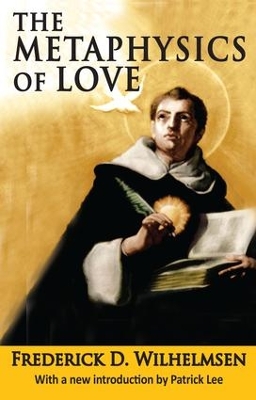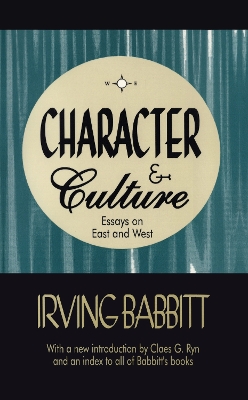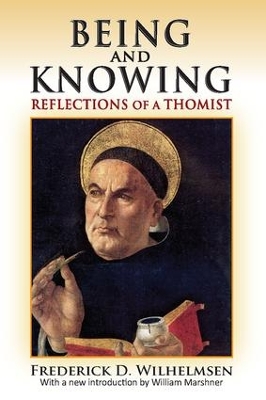The Library of Conservative Thought
4 total works
The Metaphysics of Love develops the existential metaphysics of St. Thomas Aquinas, applying it to explore the ontological structure of the human person. Published first in 1962, this book demonstrates the fertility of Thomistic metaphysics and the enduring influence of Thomism on Western philosophy. It uncovers the ecstatic structure of human existence, in dialogue with philosophers ranging from Plato, Aristotle, and Aquinas, to Kant, Hegel, Heidegger, Tillich, Zubiri, and Ortega y Gassett, as well as theologians and historians Romano Guardini, Hilaire Belloc, and Eric Voegelin.
Philosophical and theological examinations of love have in various ways raised the following question: how can love of self (eros) be harmonized with love of others (agape)? These types of love represent two drives, Wilhelmsen argues, that in the end must be seen as aspects of existence itself. Moral and psychological problems of love turn out to be manifestations of metaphysical issues.
While different cultures have emphasized one of these drives or the other, a healthy culture will not completely forget either. Cultures differ in the way they emphasize one or the other, or flee from one or the other. These dimensions of human existence provide the framework for a person's love of self, neighbour, and God. This volume is part of Transaction's Library of Conservative Thought series.
Frederick D. Wilhelmsen's Being and Knowing, rooted in the philosophy of St. Thomas Aquinas, rests on two basic assertions: first, metaphysics is the science of being in its first and ultimate act, existence (the act by which all things manifest themselves); second, that existence is known not through observing objects, but in affirming through judgments that these objects are subjects of existence.
The chapters of this book explore these Thomistic doctrines. Some explain St. Thomas Aquinas's philosophy of being. Others probe his epistemology. The complexity and density of Aquinas's theory of judgment (that truth is realized in the judgment of man), emphasized throughout most of the book, point not only to a deeper understanding of the nature of metaphysics, but they open doors to the clarification of philosophical issues germane to contemporary thought.
This work addresses a number of metaphysical philosophical paradoxes. Wilhelmsen's exploration of them demonstrates why he was the preeminent American scholar of the Thomistic tradition. This volume is part of Transaction's series, the Library of Conservative Thought.



